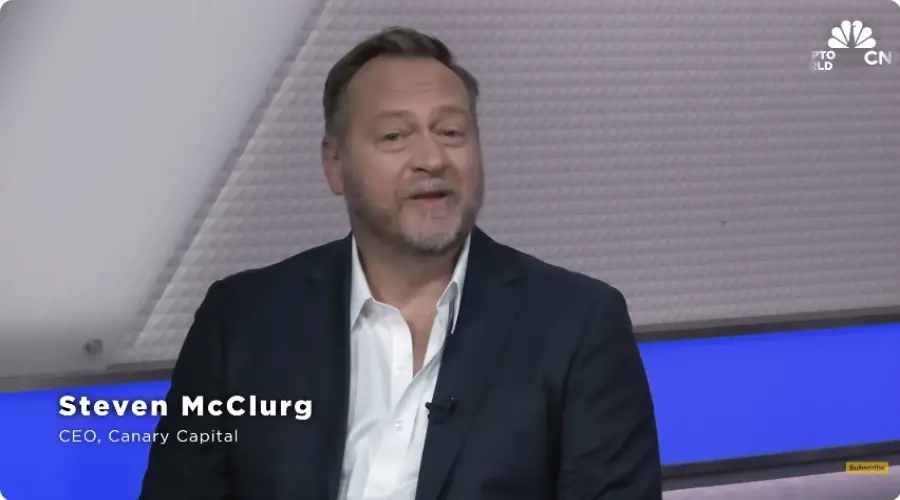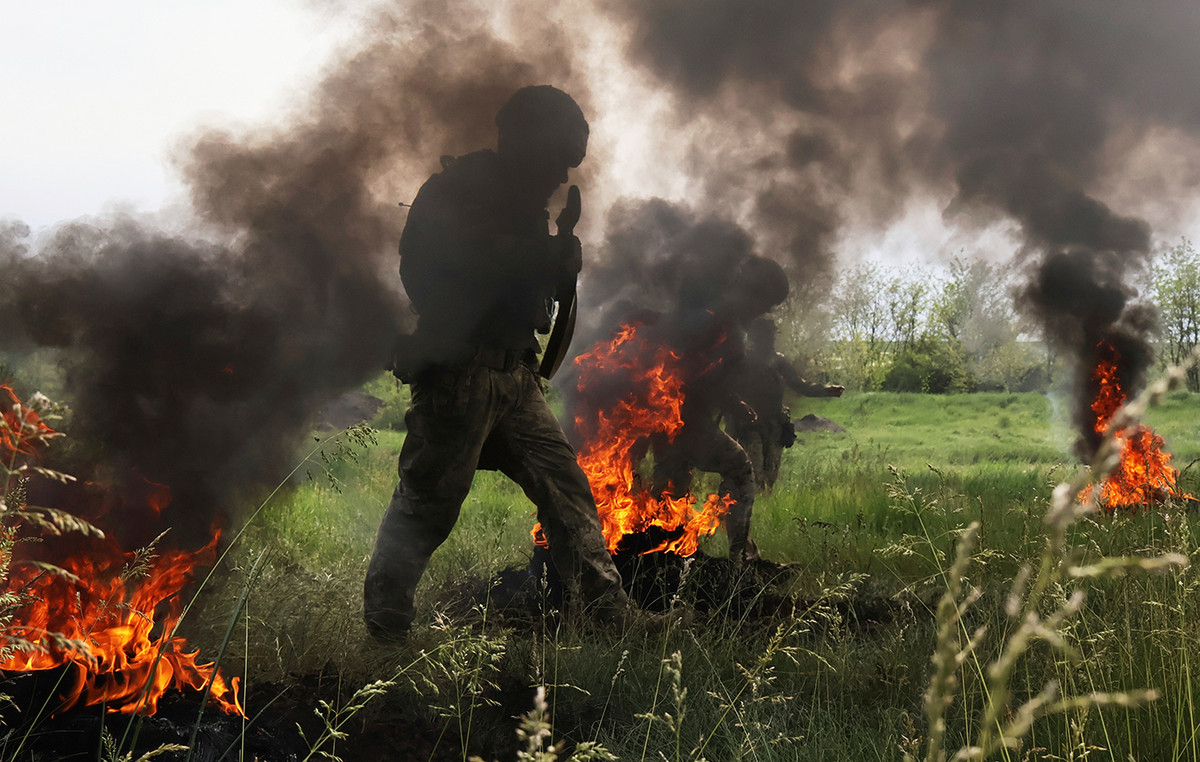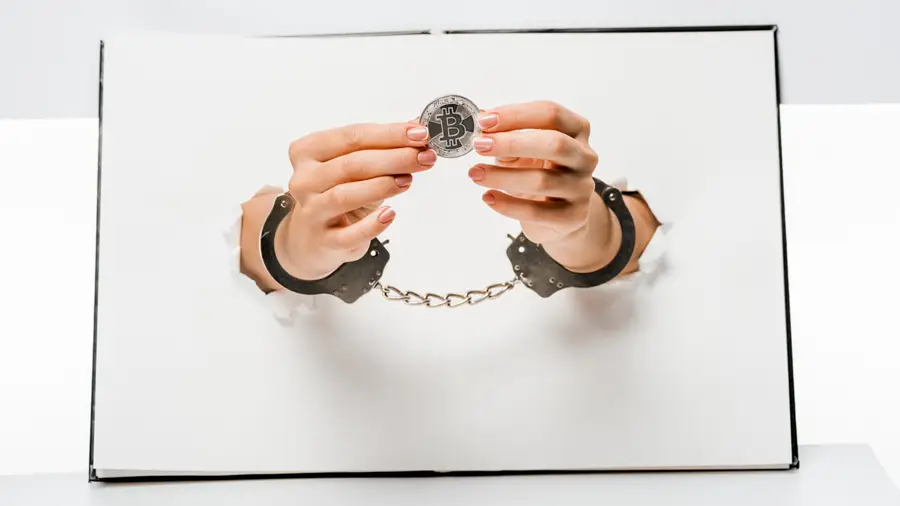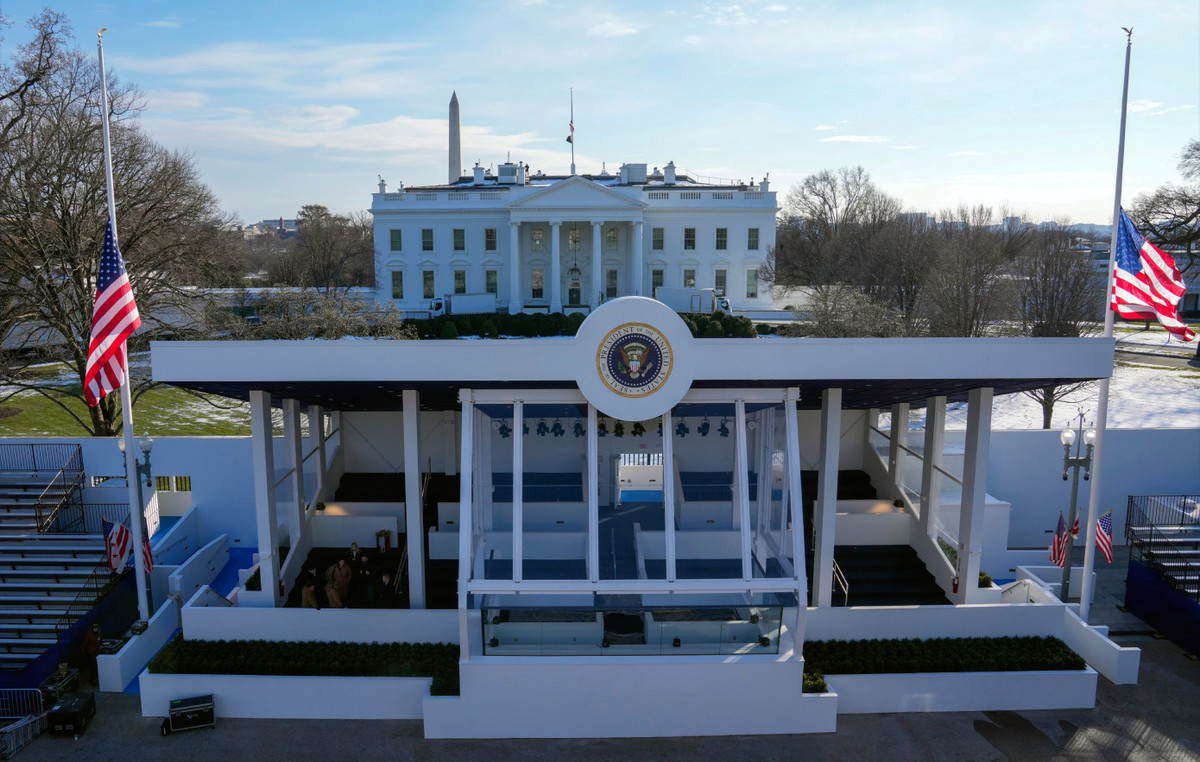When Boris Johnson announced he would step down as UK prime minister on Thursday, after desperately trying to cling to power despite a historic government uprising, his decision sparked a sense of relief in Westminster.
In Kiev, it was met with desperation.
Johnson has been one of Ukraine’s most vocal supporters as it tries to defend itself against Russia’s encroachment on its territory, and Johnson’s departure has stoked fears that UK support for the country — worth £3.8 billion ( around BRL 24 billion) so far this year — may start to decline.
With the entire western world united in the same purpose, Ukraine has no shortage of supporters. But Johnson was seen as a special ally in Kiev. In early April, he became one of the first foreign leaders to make the trip to the Ukrainian capital after the Russian invasion, then returned on another surprise visit last month.
Johnson established a close relationship with Ukrainian President Volodymyr Zelensky, who said he was sad to see him go.
“We all hear this news with sadness. Not just me, but the whole of Ukrainian society,” Zelensky told Johnson in a phone call on Thursday, according to his office. “We have no doubt that Britain’s support will be preserved, but his personal leadership and charisma made him special,” added Zelensky.
Kristine Berzina, senior fellow for security and defense policy at the German Marshall Fund of the United States, said that in addition to the UK’s military support, Johnson’s personality has played a big role in how Ukrainians view him.
“The volume and boldness of Johnson’s support for the Ukraine struggle…stands in stark contrast to the low-key support given by Chancellor of Germany (Olaf) Scholz. Here was a leader of a major European power, a nuclear power, unafraid to support Ukraine and criticize Russia,” she told CNN in an email.
While French President Emmanuel Macron has faced criticism from Zelensky, who has accused him of trying to appease Russian President Vladimir Putin, Johnson has always been seen as an unequivocal supporter.
The former British prime minister is so popular in Ukraine that several cities have proposed naming streets after him. When news of his dismissal broke, major Ukrainian supermarket chain Silpo added an illustration of Johnson’s messy blond hair to his logo.

Ukrainian presidential adviser Mykhailo Podolyak called Johnson “a hero”, while Foreign Minister Dmytro Kuleba said the British leader was “a fearless man, ready to take risks for the cause he believes in”.
Peter Kellner, a British pollster, journalist and visiting researcher at Carnegie Europe, said Johnson’s dedication to Ukraine was likely inspired by history — and by his own political needs.
“Ukraine has given Johnson a rare chance to emulate his hero: to take a tough and uncompromising stance on an issue that is both moral and military,” he told CNN in an email, referring to Johnson’s well-known admiration for British World War II leader Winston Churchill. Kellner added that Johnson often tried to bring attention to Ukraine in times of crisis at home.
“The Russian invasion came at a time when Johnson was engulfed by scandals, notably over ‘Partygate,’ and was also beset by the political costs of rapidly rising inflation,” he noted. “He is not the first and he will not be the last national leader to use toughness abroad to disguise weakness at home.”
Glyn Morgan, an associate professor of political science at Syracuse University, also questioned Johnson’s motivations.
“If one were cynical, one might think Johnson’s engagement with Ukraine reflected a brazen effort to divert attention from his long-standing relationships with Russian business interests and his crumbling popularity in the UK at the time,” he said.
“If one were romantic, one might think Johnson’s commitment to Ukraine reflected a very British fondness for the underdog, the brave hero who stands up to the biggest bully. Johnson is nothing but a romantic, who sees himself as the hero in an epic.”

long history of support
Johnson defended Ukraine, but Britain’s commitment to helping it face Russia began long before he came to power – when Russia illegally annexed Crimea in 2014.
In 2015, the UK military launched Operation Orbital, which aimed to provide guidance and training to the Ukrainian armed forces.
That relationship deepened even further in 2016, when the two countries signed a 15-year defense cooperation agreement focusing on more training and intelligence sharing.
Still, at that time, the UK was reluctant to supply Ukraine with weapons, fearing that any supply of lethal weapons would escalate the conflict and enrage Russia.
That changed late last year, when Russian President Vladimir Putin began assembling troops on the border with Ukraine.
In January, under Johnson’s direction, the UK government sent its first batch of weapons to Ukraine – 2,000 anti-tank missiles. Since then, a steady supply of weapons and ammunition has followed.
According to a British government statement, the UK has announced £2.3 billion in military support to Ukraine since the start of the war in late February – more than any other country, except the United States.
That kind of help is unlikely to stop with Johnson’s departure.

“Support for Ukraine is shared across the entire British political spectrum — left and right, political and military-administrative classes…his departure will have no impact, except that his successor will not be as charismatic,” Morgan said.
But it is this charisma that has made Johnson, and in turn Britain, so popular with Ukrainians — although he has not supported some of Kiev’s key demands.
Like the rest of NATO, the UK has refused to impose a no-fly zone over Ukraine. Britain has also lagged other European countries in its support of Ukrainians seeking asylum, refusing to drop visa requirements. However, the UK has never drawn criticism that Zelensky did not hesitate to point it out to others.
While material support is likely to continue in the short-term, the long-term strategy may change.
Kellner said that, like his hero Churchill, who demanded Germany’s unconditional surrender in World War II, Johnson advocated a strategy of complete victory over Russia and against any compromise.
“If there comes a point where a negotiated end to the fighting becomes possible, the new British prime minister may not press Zelensky as hard as Johnson did to say that the war, with its deaths and destruction, must go on until the bitter end. end,” he said. he said.
The war in Ukraine is likely to last a long time. Without the support of the West, Kiev cannot defend itself against an enemy that has resources of several magnitudes greater.
With the British public facing a deep cost-of-living crisis, a British prime minister willing to spend money to help a country thousands of miles away will be crucial for Kiev.
Source: CNN Brasil
I’m James Harper, a highly experienced and accomplished news writer for World Stock Market. I have been writing in the Politics section of the website for over five years, providing readers with up-to-date and insightful information about current events in politics. My work is widely read and respected by many industry professionals as well as laymen.







